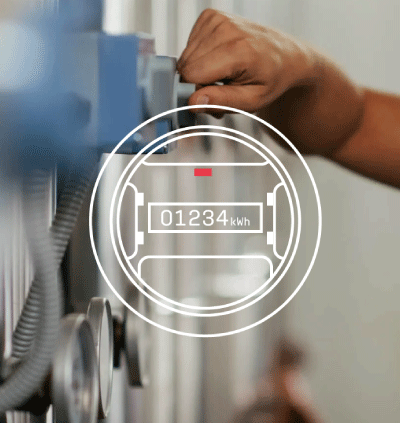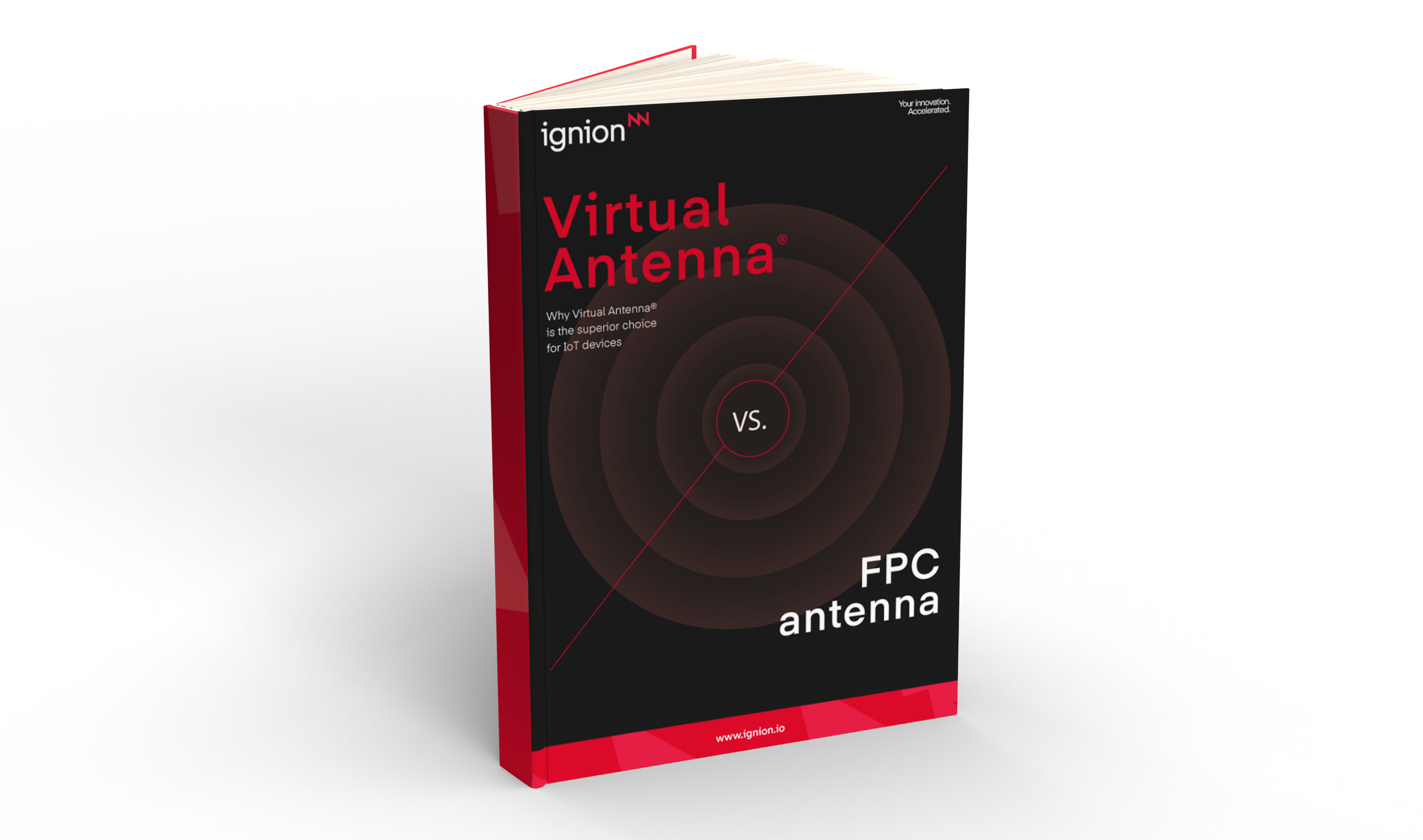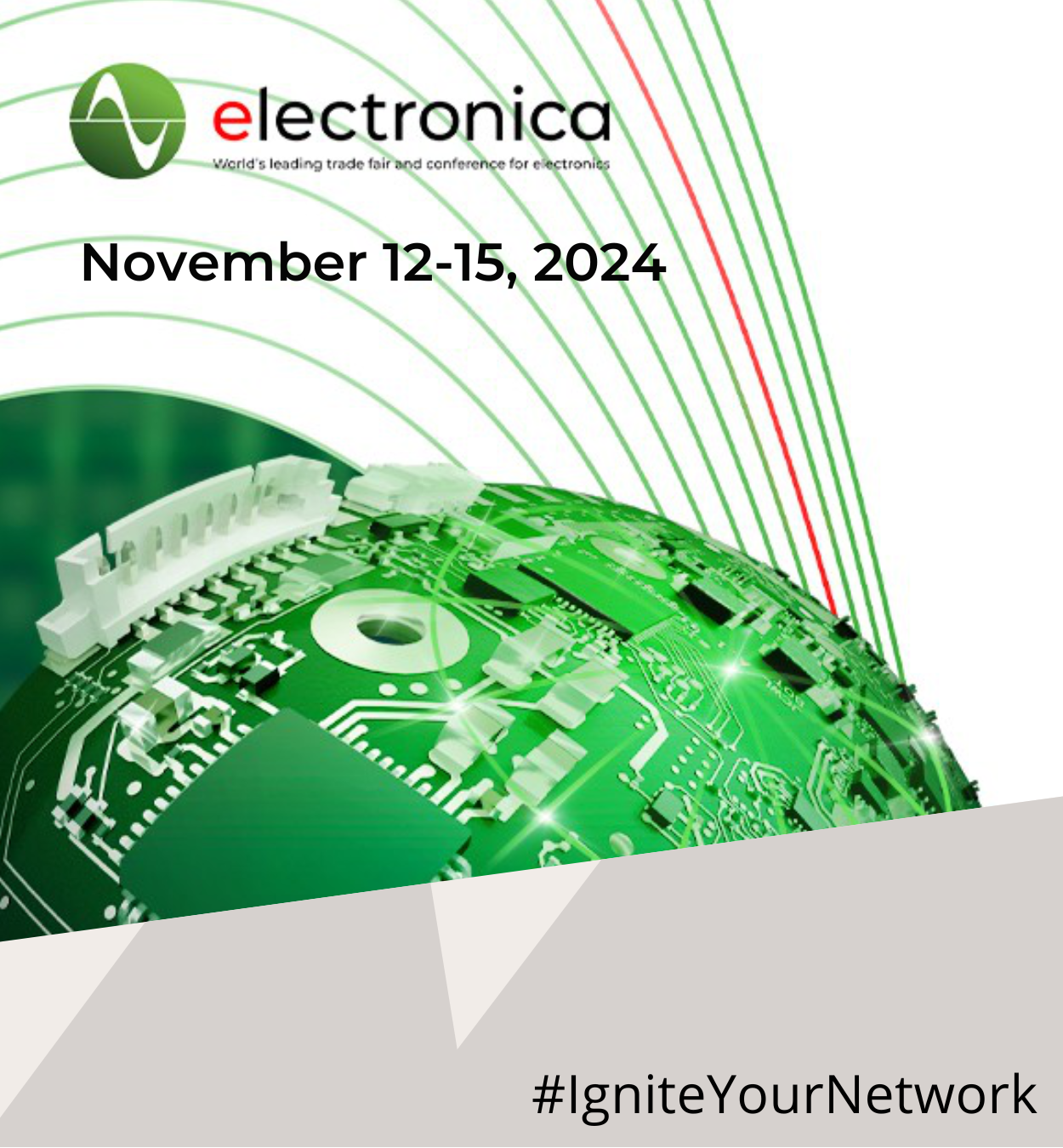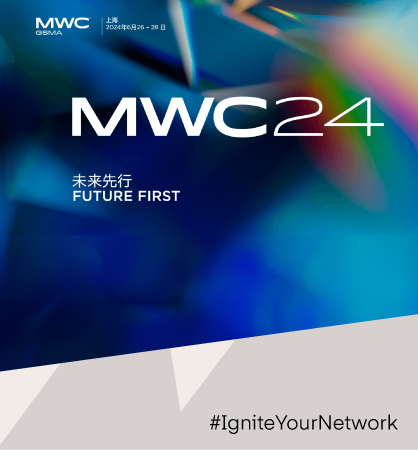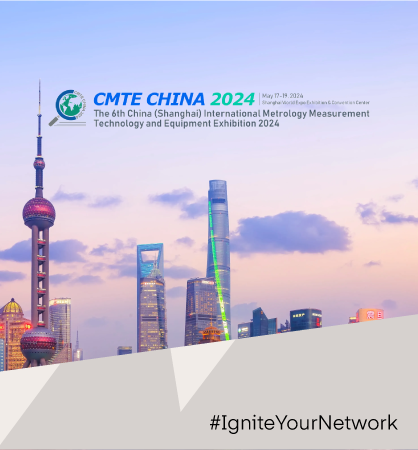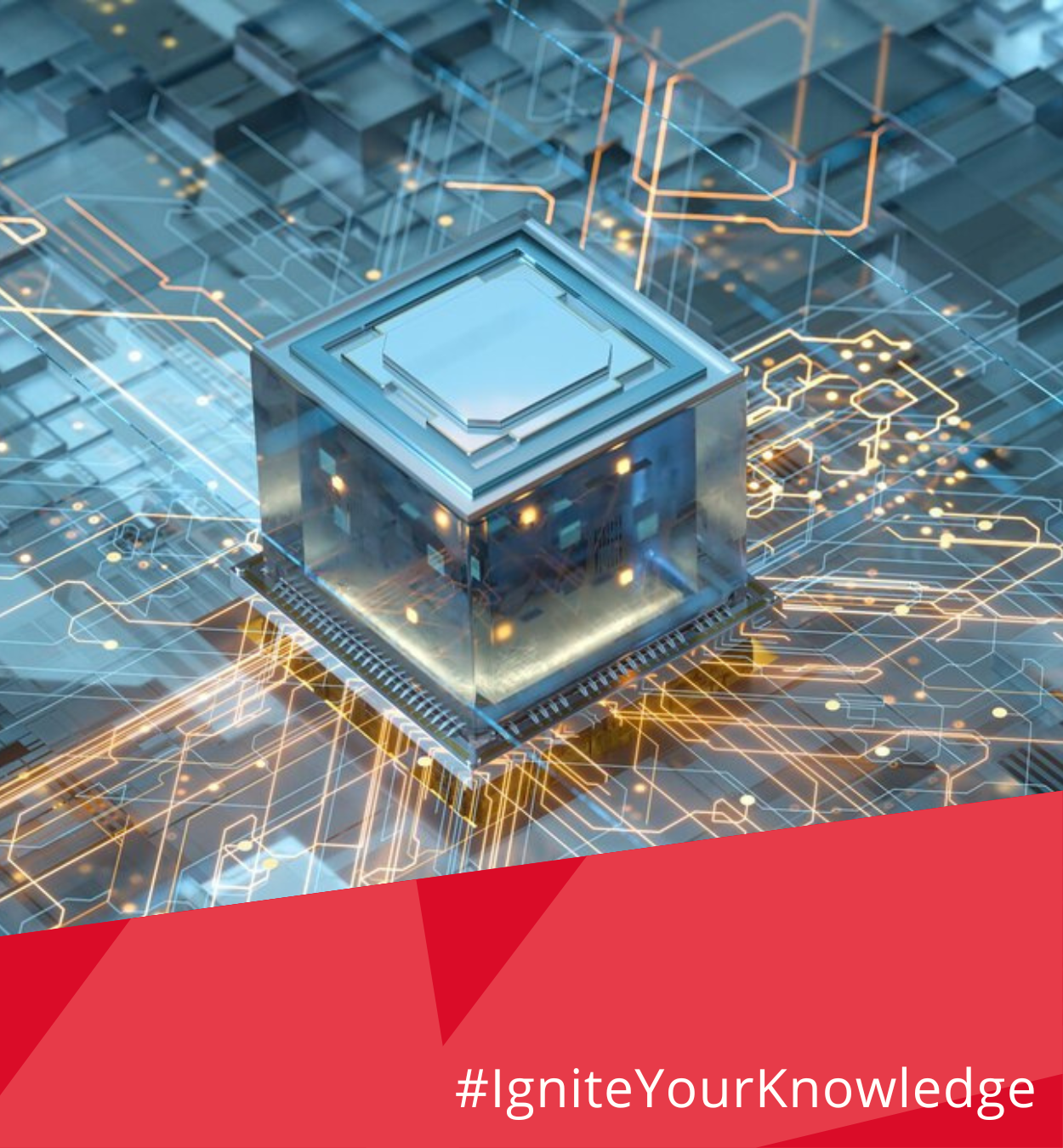Smart meters: fundamental to smart cities
The world is becoming more connected every day. Smart meters enabled by Internet of Things (IoT) technologies are fundamental to municipal smart grid systems.
Governments and utilities worldwide are collaborating with IoT device manufacturers to modernize energy systems. However, this digitization comes with significant security challenges, making IoT smart meter safety a paramount concern. Implementing cybersecurity measures safeguards the grid from disruption by bad actors.
Connected smart metering devices and sensors collect and send data to utility companies (e.g., water, heat, gas and electricity). This data optimizes distribution and reduces costs. In addition, it empowers consumers to make informed decisions about energy consumption.
Other benefits of smart metering include load balancing and usage forecast enhancements. It improves customer engagement through accurate, up-to-date billing. Smart meters even support remote monitoring and automatic issue resolution, reducing the need for technician visits. Despite these benefits, there are critical connectivity, design and security considerations.
IoT firmware control for secure connectivity
IoT device security hinges on controlling IoT firmware, a vital software embedded in devices. This firmware allows devices to operate effectively and communicate with other systems.
IoT device manufacturers may lack detailed knowledge of the firmware inside their modules. The module manufacturer holds this crucial information. It’s important to work with a trusted module vendor that understands the importance of reliable connectivity and security.
Connectivity and security: safeguarding device network connections
Choosing the right connectivity standards is crucial for securing smart meter solutions. Smart meter deployments can be deployed in the field for a decade or longer. Power-saving connectivity options like cellular LPWA technologies (e.g., LTE-M and NB-IoT) are ideal for these devices.
When a device connects to the internet, it becomes susceptible to cyberthreats. IoT device manufacturers must consider these vulnerabilities when protecting their device network connections.
Reliable connectivity is the foundation for smart metering
Reliable connectivity is the heart of every smart meter’s functionality. These devices have transitioned from mere meter readers to gathering a wealth of data beyond traditional readings. They are essential components of advanced metering infrastructure (AMI), making large-scale deployments essential for utilities.
With significant investments at stake, emphasizing cost-efficiency and reliability is more critical than ever. A smart meter is powerless without dependable, secure communication. Therefore, a robust antenna and a trusted module provider are fundamental.
Wireless communication technology ensures that the devices seamlessly operate. Let’s delve deeper into the functionality and challenges smart meters face in today’s complex landscape.
Smart meters: a look beyond the surface
Modern smart meters are becoming more complex. They resemble smartphones in some respects but at a fraction of the cost and with longer lifespans. They run applications, including third-party software. Smart meters also require firmware and security updates and must address the challenges posed by multiple wireless connectivity standards.
However, unlike smartphones, these meters are fixed installations. They are often located in obscure or challenging environments (e.g., basements, cupboards and outdoors).
Even in such conditions, these devices must perform reliably and manage multiple communication standards simultaneously. They play a crucial role in balancing the grid and managing meter readings. Smart meters are essential components of a robust energy infrastructure. However, this expanded role presents several challenges:
- Integration of new devices: Utilities must continuously integrate new smart devices and smart home technologies into their infrastructure.
- Separation of communication and metering: A clear demarcation between metering hardware and communication components must be established to enhance flexibility and scalability.
- Backhaul connectivity: Long-term backhaul connectivity methods that often leverage multiple RF technologies must be developed.
Various techniques (e.g., low-power protocols, private networks and cellular communication) address these challenges. Still, cellular technology is a front-runner for comprehensive and long-term IoT deployments.
Elevating smart metering with cellular technology
Cellular technology’s advantages make it an attractive option for smart metering:
- Global standards and spectrum: Cellular technology operates on globally agreed-upon standards and licensed frequencies defined by 3GPP. These standards ensure a consistent roadmap for future development.
- Globally deployed networks: These networks are supported by continuous investments from hundreds of established mobile network operators.
- Private cellular networks: These offer the ultimate privacy and control for utilities and maintain the benefits of globally defined standards.
- Infinitely scalable infrastructure: Cellular LPWA networks are designed to serve millions of endpoints.
- Easier deployments: Compared to short-range or mesh networks, cellular is a ready-to-use infrastructure requiring no additional network equipment.
- Inherent security: Cellular technology offers robust security with a trusted network identity and encryption.
Preparing for the future with a trusted partner
Smart meter manufacturers must anticipate evolving technologies and infrastructure complexities and challenges. With Telit Cinterion, utilities can navigate challenges and ensure that smart meters meet present and future demands.
Telit Cinterion’s modules offer comprehensive support for smart metering across various frequency bands and technologies. The company has over 23 years of knowledge and experience and is globally compatible and committed to standards. Its expertise in vertical-specific demands makes Telit Cinterion a valuable smart meter design and deployment partner.
A secure path forward: mitigating security risks in IoT-driven energy systems
Smart meters offer myriad advantages as governments and utilities pursue sustainability and smart grids. However, ensuring security for smart meters, from firmware control to connectivity standards, is crucial. These elements require selecting a trusted module supplier.
By adhering to these considerations, we can confidently embrace the future of IoT-driven energy systems. We can ensure reduced security risks and greater sustainability. Security remains a top priority for a more connected world as IoT technology expands.
Read this article on IoT for All to learn more.



